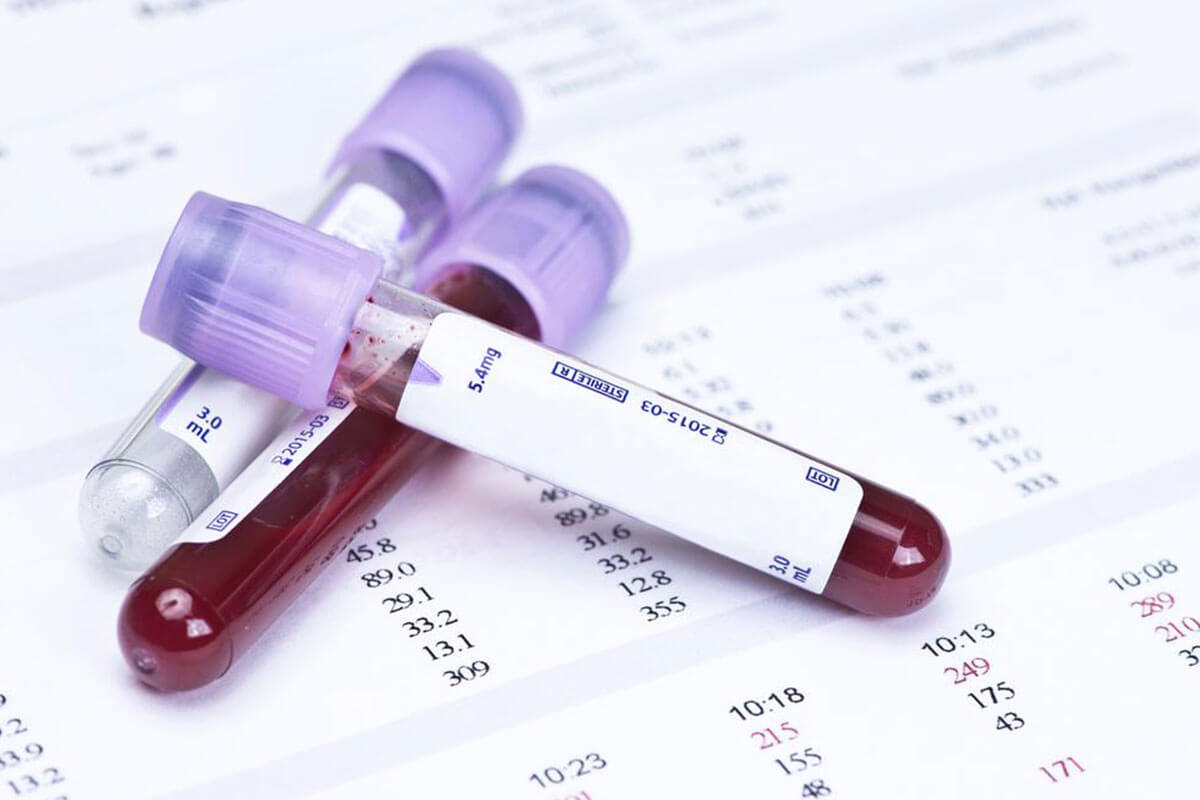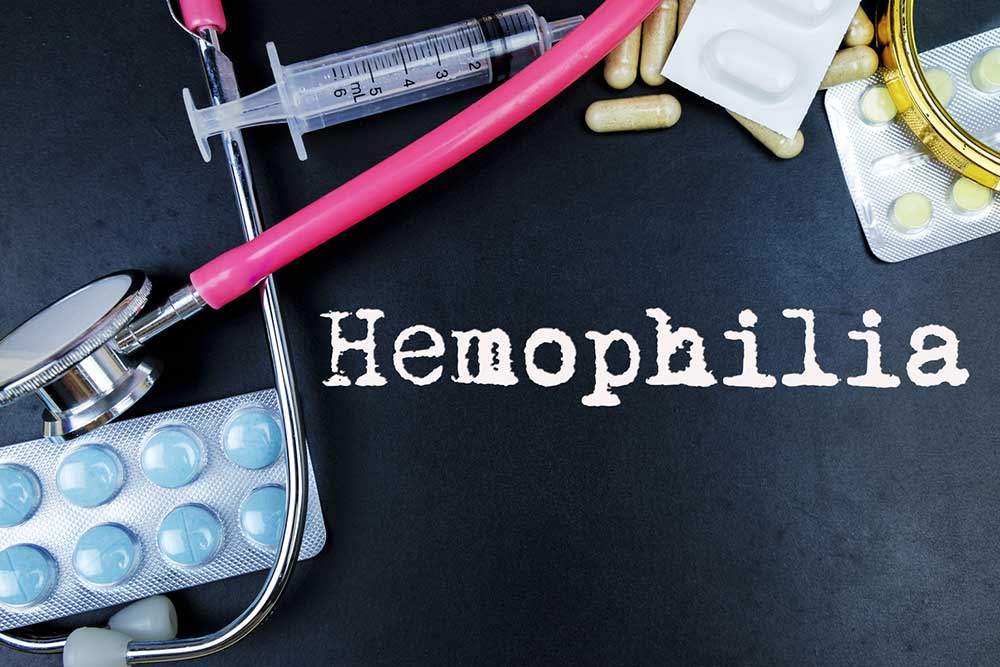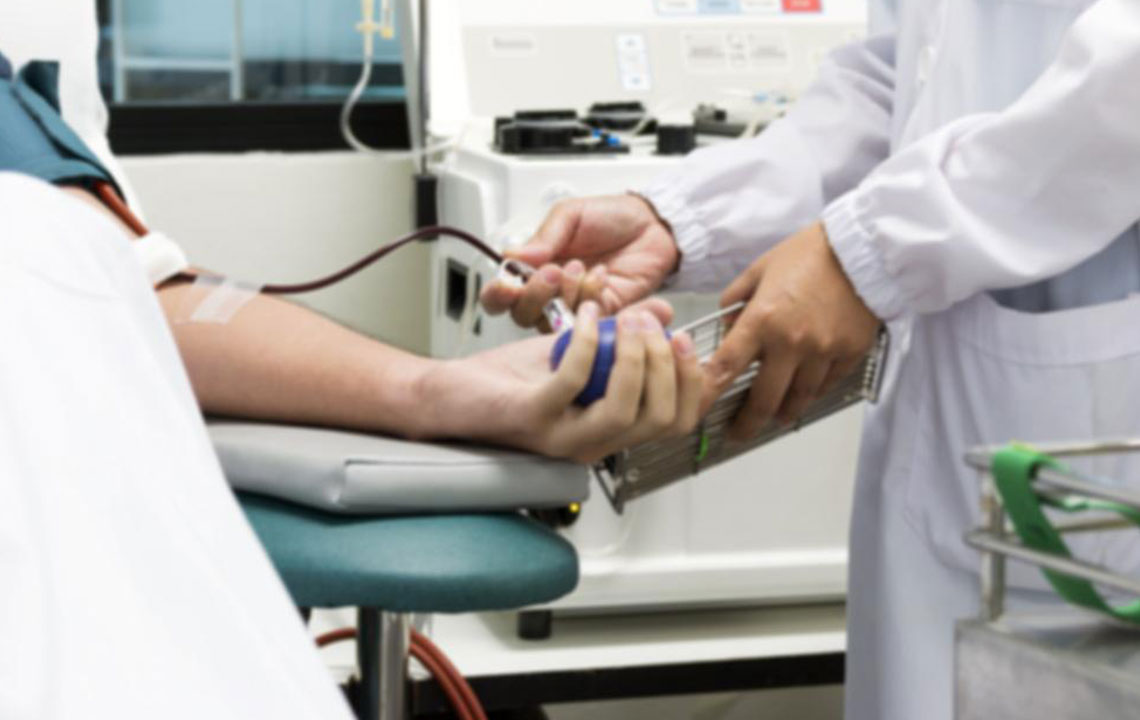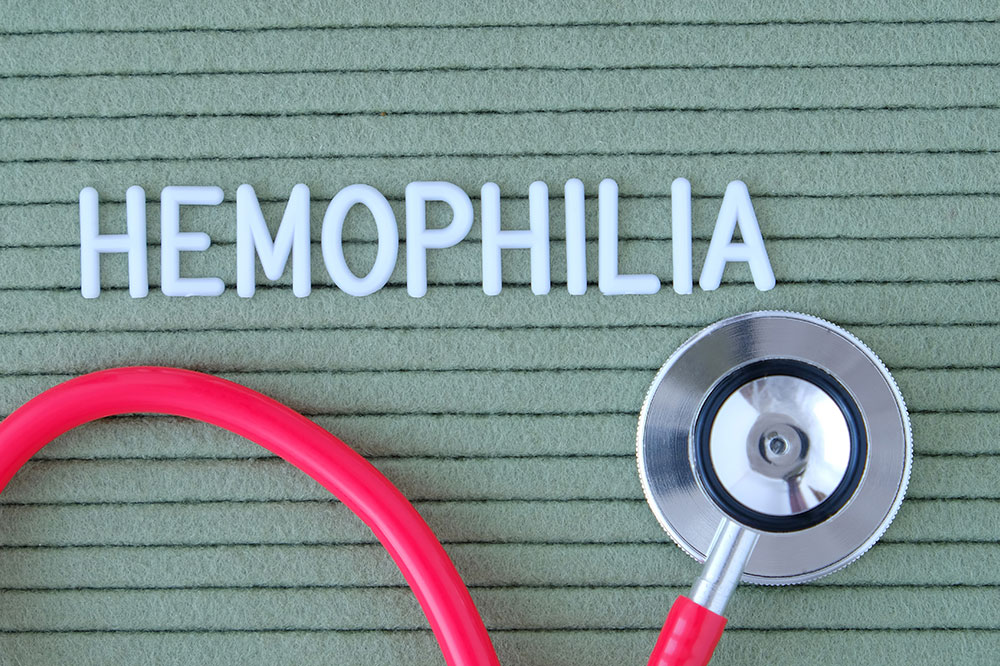Comprehensive Strategies for Effective Hemophilia Management and Treatment
This comprehensive guide explores the latest and most effective strategies for managing hemophilia, focusing on clotting factor replacement, medication options like desmopressin, and lifestyle modifications. It emphasizes personalized care plans and advances in treatment techniques to improve patients' quality of life while preventing serious complications. The article offers valuable insights for patients, caregivers, and healthcare providers seeking effective ways to control hemophilia symptoms and maintain optimal health.

Comprehensive Strategies for Effective Hemophilia Management and Treatment
Hemophilia is a rare hereditary bleeding disorder characterized by an inability of the blood to clot properly, leading to recurrent bleeding episodes, joint pain, and easy bruising. It is caused by a deficiency or dysfunction of specific clotting factors, primarily factors VIII and IX. Proper diagnosis involves detailed blood tests to measure clotting factor levels, which then guide personalized treatment plans aimed at preventing bleeding episodes and improving quality of life.
Understanding Hemophilia and Its Impact
Hemophilia affects millions worldwide, with most cases being inherited in an X-linked recessive pattern, making males more commonly affected, while females are usually carriers. While there is no outright cure for hemophilia, advances in medical science have led to effective management strategies that help control symptoms, reduce complications, and promote a life of increased activity and health.
Primary Treatment Methods for Hemophilia
Managing hemophilia involves replacing the missing or defective clotting factors, along with lifestyle modifications and supportive therapies. The core treatment options include:
Replacement Therapy
This involves administering concentrates of the deficient clotting factor directly into the bloodstream. Replacement therapy is the cornerstone of hemophilia management and can be performed on demand or as regular prophylaxis to prevent spontaneous bleeding and joint damage.
Desmopressin for Mild Hemophilia A and von Willebrand Disease
Desmopressin (DDAVP) is a synthetic hormone that stimulates the release of stored factor VIII and von Willebrand factor from endothelial cells. It is particularly effective for mild hemophilia A and certain cases of von Willebrand disease. Administered via injection or nasal spray, desmopressin dosage needs to be carefully tailored to each patient, considering their specific response and medical history.
The hormone enhances the body’s own production of clotting factors, making it a less invasive and effective option for certain patients.
Recombinant Clotting Factors: Nonacog Alfa and Others
For patients with hemophilia B, characterized by deficiency of factor IX, recombinant factor IX products like Nonacog alfa (brand names may include Refacto or others) are widely used. These are specially manufactured proteins that help replace the missing factor safely and effectively. FDA-approved in 1997, Nonacog alfa offers a reliable option to reduce bleeding episodes and minimize joint damage when used regularly under medical supervision.
Fresh Frozen Plasma (FFP)
In cases of hemophilia C, which involves factor XI deficiency, fresh frozen plasma provides a rich source of all coagulation factors. It remains a valuable option, especially in emergency situations or when specific factor concentrates are unavailable. Since FFP contains all clotting factors, it helps decrease bleeding symptoms effectively but needs to be administered cautiously to prevent volume overload.
Advanced Hemostatic Agents: Fibrin Sealants
Fibrin sealants, made from fibrinogen and thrombin, are valuable hemostatic agents used during surgical procedures or for wound management. Approved in 1998, these biologic adhesives promote tissue healing and minimize bleeding, particularly in complex surgeries or bleeding disorders. Their use can significantly improve surgical outcomes and reduce postoperative bleeding risks.
Supporting Therapies and Lifestyle Modifications
In addition to direct clotting factor replacement, supportive therapies are essential. Regular, low-impact exercise routines help maintain joint flexibility and muscle strength, reducing the risk of joint damage caused by bleeding episodes. Nutritional considerations involve consuming a balanced diet rich in leafy greens, whole grains, and lean proteins to support overall health. Patients should avoid fried, greasy foods to minimize inflammation and bleeding risk.
Personalized treatment plans should always be developed in collaboration with healthcare providers, including hematologists and specialized nurses, to adapt to each individual’s unique needs and lifestyle. Routine monitoring ensures that treatment efficacy is maintained, side effects are managed, and early signs of bleeding or other complications are addressed promptly.
In summary, managing hemophilia effectively requires a multifaceted approach encompassing advanced medical therapies, lifestyle adjustments, and ongoing medical supervision. With proper treatment and proactive management, individuals with hemophilia can lead active, fruitful lives while minimizing potential complications and improving their overall well-being.





